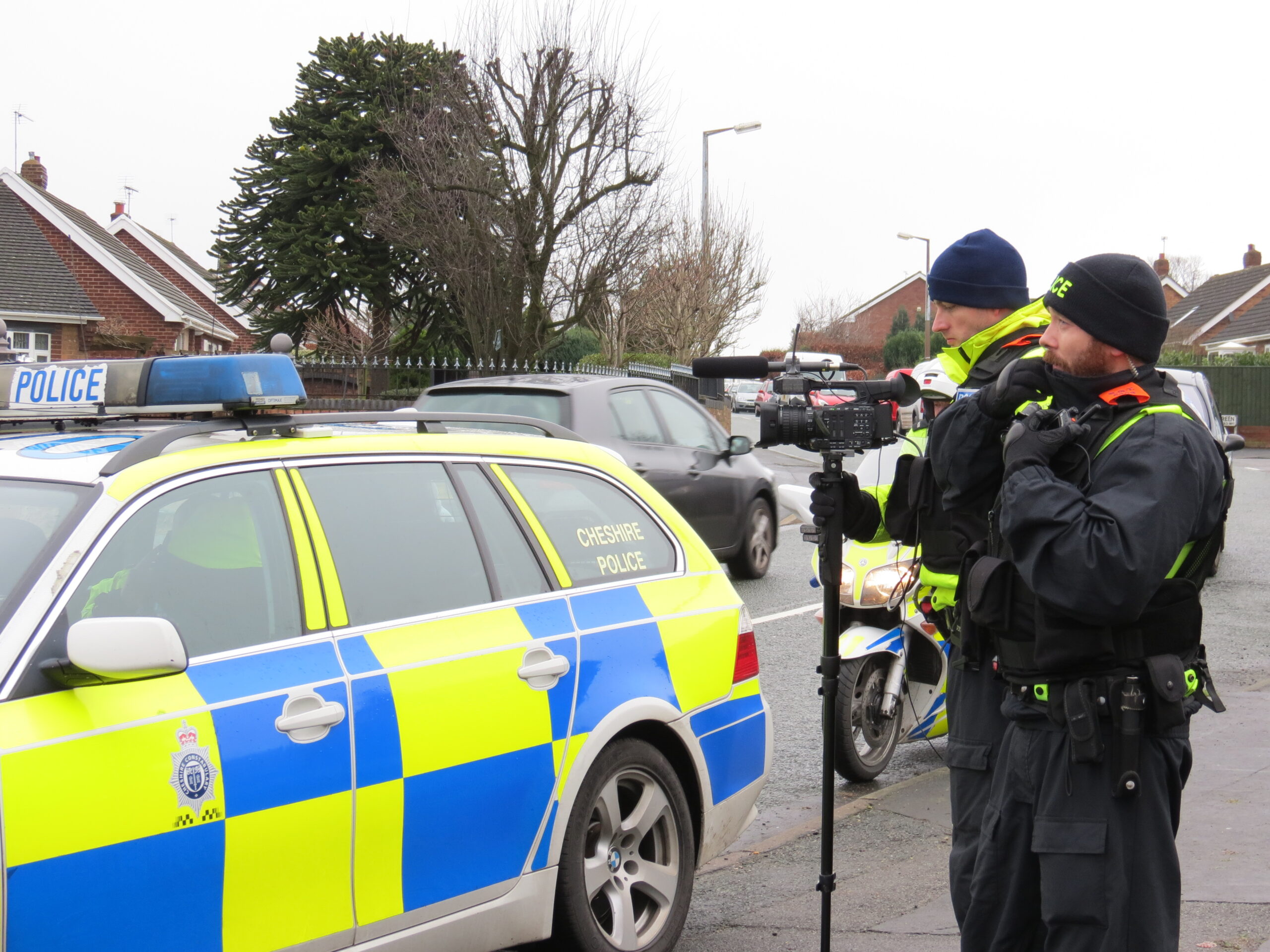Finding a venue
Finding an appropriate and affordable venue is often the most difficult part of organising any public event. Unfortunately, this can be even harder if the meeting or conference is related to protest or activism. Venue managers may become nervous of their venue becoming the focus of conflict, or that they may attract the attention of the police.
Booking without being open about the purpose of your event is a legitimate reason for the venue to cancel if the police start to put pressure on a venue. It may be help to provide reassurance to your venue by explaining exactly what the event you are holding is about, the numbers of people who will be attending, and what steps you plan to take to ensure any hire conditions are met. This could include pre-registration, your own security or an offer to pay a deposit.
Police putting pressure on venues
There have been a number of occasions when police have approached venues hosting political meetings to express ‘concerns’ or to ask for information on organisers – such as the name of the person booking the rooms. In some cases, this sudden interest by the police has resulted in venue managers pulling out of bookings, sometimes at the last minute.
It is also not uncommon for police to approach landowners who have agreed to allow environmental camps or gatherings on their land, which can lead to groups being refused permission to hold camps or gatherings.
It is difficult to avoid this sort of eventuality – but providing reassurance and establishing good communication with whoever is in charge of the space is always helpful.
Ask venues not to pass on booking information and remind them that they can refuse unless the police provide them with a legal obligation to do so. You can add that personal data potentially revealing political opinions is a ‘special category’ under data protection legislation needing more protection because it is sensitive.
Police attendance at meetings
The law says police must have a genuine belief that a breach of the peace is likely before entering private premises (including a privately hired meeting venue).
If uniformed police officers come to your event or try and gain entry, you can ask them to leave if there is no obvious reason for them to be there. You can challenge them by asking officers what their grounds for entering the premises are, and restating the law around this.
If officers insist they are simply attending to ‘facilitate dialogue’, you can remind them that some people may find their presence at the meeting intimidating and an obstacle to speaking. You can also say that if the police want ‘dialogue’ with your campaign, you would prefer that this is in writing.
In these circumstances, it is better to have a group of campaign members negotiate the police’s departure from the meeting (to avoid identifying any one individual as a ‘leader’) and to give them a general campaign email address, not a personal one to keep in touch with. Remember that you do not have to give you name. You also have no obligation to reply to any follow-up police contact.
See Netpol’s guide to talking to the cops for more information on this.
It is also possible that plain-clothed officers may attend without your knowledge. The best way to deal with this is to ask the audience if any police officers present can identify themselves and if they do, then ask them to leave.
Finally, in a very rare instances, there is a possibility of an undercover officer, or someone covertly conducting ‘directed surveillance’ on a particular target as a registered police source, may attend your event. There is no likelihood of them identifying themselves. This is why Netpol encourages you to remind participants to think carefully about what they share at a public event.
Uniformed intelligence-gathering officers will sometimes filming or take photographs of people arriving for a public meeting. Again, we suggest that you ask officers to leave, and there is nothing to stop you filming or photographing them too.
In these circumstances, remember that there is no law preventing campaigners from covering their faces. Only in limited circumstances where there is a ‘Section 60aa’ order in place can officers ask you to remove a mask or face covering that they believe is intended to conceal your identity.


Leave a Reply